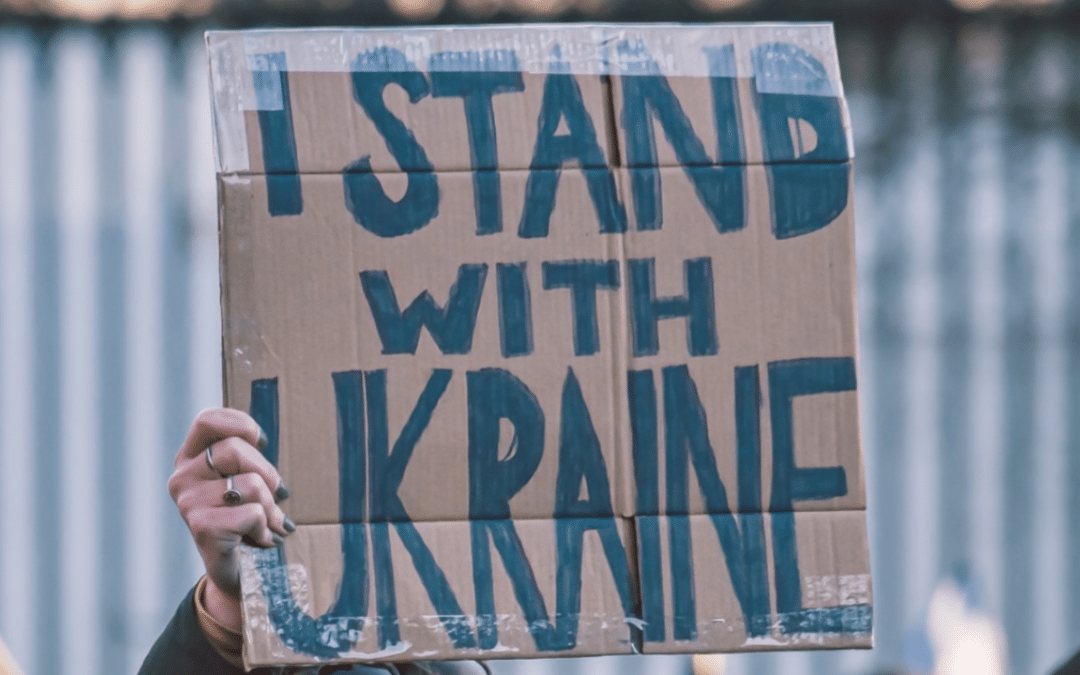This month, we share three articles that reflect on:
- The role of the UN Security Council to stop the Ukraine crisis
- Why climate justice requires women’s leadership
- The respect of international humanitarian law during the Ukraine war
——————————————————————————————————————
The role of the UN Security Council to stop the Ukraine crisis
In light of the full-scale invasion launched by Russia in Ukraine, there is a lingering question about the role of the UN Security Council (UNSC): Has the UNSC, which is mandated to maintain international peace and security, outlived its usefulness?
“The fact that diplomacy is going to shift away from the UN is not necessarily surprising,” writes Thalif Deen in his new piece.
Thalif Deen is Senior Editor and Director of the UN Bureau of Inter Press Service. He has been covering the United Nations since the late 1970s.
——————————————————————————————————————
Why climate justice requires women’s leadership
Women and girls, who are most affected by climate change, are leading the way towards more equitable and sustainable solutions to the climate crisis. Building a climate-smart world entails harnessing their knowledge, skills, and leadership.
“When women and girls are excluded from informing climate negotiations and implementation processes, it undermines efforts to protect our collective future,” writes Mary Robinson in her new op-ed.
Mary Robinson, a former President of Ireland and United Nations High Commissioner for Human Rights, is founder and president of Realising Rights: The Ethical Globalisation Initiative.
——————————————————————————————————————
The respect of international humanitarian law during the Ukraine war
Since the beginning of the Ukraine war, international organizations have called on all parties to adhere to international humanitarian law.
“Conscience, that inner voice which discerns what is right from wrong and encourages right action is the value on which we can build the defense of international humanitarian law. The defense of conscience to refuse unjust orders is a large task but a crucial action for moving toward a law-based world society,” writes René Wadlow.

